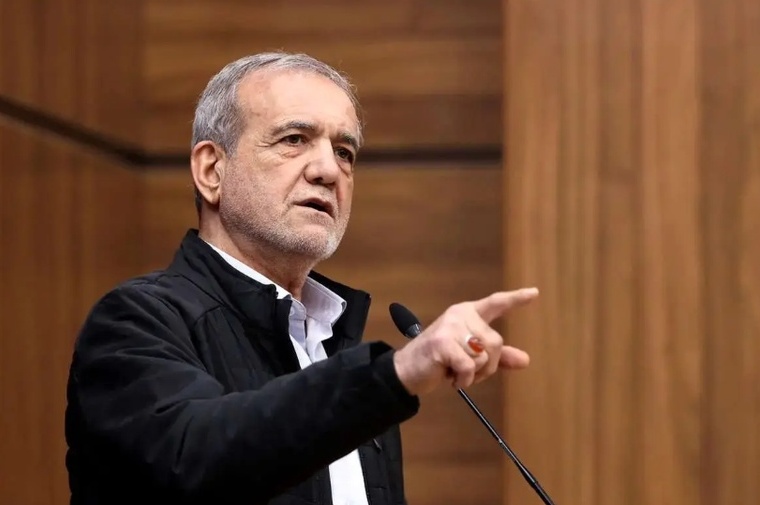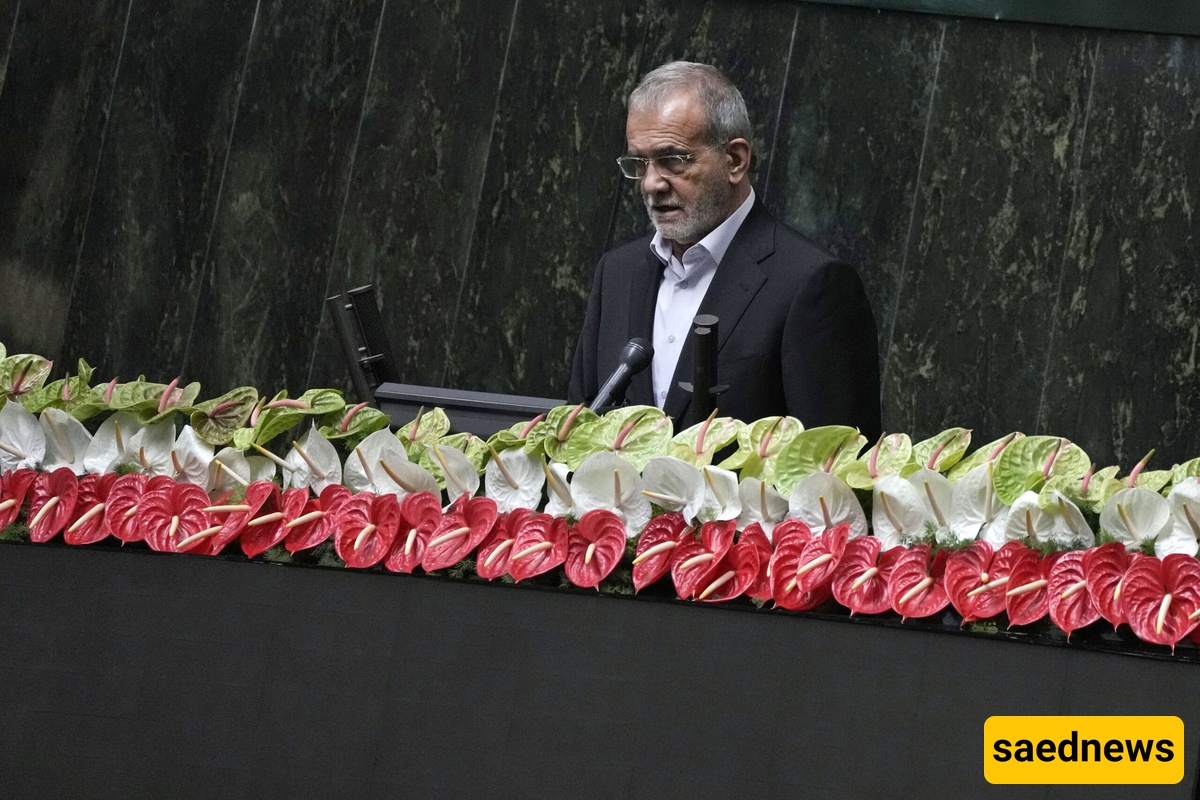SAEDNEWS: In a detailed analysis, Jaafar Golabi argues that expanding the Iranian president’s powers and decisive leadership are essential to overcoming regional security challenges, including the controversial Zangzur corridor and mounting external pressures.

"Expanding Presidential Powers: A Way to Overcome Crises" is the title of a commentary by Jaafar Golabi published in the Etemad newspaper, which states:
The issue of the Zangzur corridor in Iran is being followed with sensitivity. So far, few experts have considered the construction of this transit route beneficial for Iran; most have evaluated it as harmful to the country’s economic interests and national security. Now that the U.S. has become a mediator to ease tensions between Azerbaijan and Armenia and American companies are set to invest in this corridor, sensitivities must increase, and the potential damages might reach the level of security concerns.

Sensitivities in the South Caucasus have existed since the wars between Iran and Russia, and now, following Israeli and American aggressions against our territory, any event occurring around Iran is met with vigilant and anxious eyes from the Iranian people. Whatever the reality of the matter, foreigners apparently feel that Iran’s position has weakened.
If today, two northern neighbors sign an agreement without considering Tehran’s negative view — and that agreement does not include Iran’s national interests and security — we must analyze the issue from this perspective. With such assumptions, it is unlikely that other challenges, such as the three islands in the Persian Gulf, will not be brought up differently. Afghanistan might not provide the Hirmand water rights, and perhaps fundamentally new issues around the country might arise to pressure Iran from all sides.
In such a turbulent and unjust world order, what should we do? What can we do? Sometimes it feels like we are waiting for events to unfold to see what is required. Perhaps after all the brutality, deceit, and betrayals we have witnessed, we still do not feel the danger, and we do not apply our thought, knowledge, will, and initiative quickly and decisively.
Why do we decide so late? Although currently it is necessary to buy time, creating opportunity does not contradict internal strengthening and preparing various material and spiritual readiness.
Despite the government’s full efforts, overall it seems that not all institutions have come fully into the field to establish all necessary fortifications! The changes made in the National Security Council and the formation of the Defense Council could have been implemented more quickly. Certainly, the country requires various changes, and if these are not done in due time, they could cause damage.
It appears that alongside the president’s increased activities and mastery over affairs, unofficially more powers have been delegated to him.
If this perception is correct, it is a wise and proper move that should be welcomed. Mr. Pezeshkian, with trust, confidence, and decisiveness, can take command of navigating existing crises.
He has the support of the leadership, reformists, and moderate principlists, and others will also be convinced to support him. If such a plan is designed and the world sees that Iran has built strength suitable for wartime conditions, the likelihood of war will actually decrease.
Patriotic opponents will surely join the campaign to deepen Iran’s defensive power in all areas and will responsibly postpone their demands to times of calm. Demands must also be subordinated to national security.
If special responsibilities and corresponding powers are given to the president, important and urgent decisions will not be delayed. To enrich presidential decisions and protect against possible mistakes, various existing councils will be formed continuously and will provide expert opinions.
We must use the views of dozens of experienced managers who, unfortunately, have long been neglected. We must accept that the country’s overall situation, considering threats and crises like severe drought, is extraordinarily critical and Iran must be transformed into a strong fortress.
Surely, seeing the strong determination and movement of officials will encourage the people, who are the foundation of the work, and really create the possibility of repelling any evil.
Deepening the reasonable and vital goal of firmly preserving the country, not in slogans but in action, can create a resilience even more astonishing than the 12-day solidarity witnessed before.
The president must be able to prevent mistakes and unnecessary costs, cancel narrow-mindedness, and build a barrier against pretexts. Weak managers, regardless of political backing, must be sidelined, and unjustified budgets allocated to institutions that do not perform essential work and should be independent of the government must be banned.
During the eight-year imposed war, the parliament stood firmly beside the government, and if improper opposition occurred, it faced the leader’s reprimand. Until achieving lasting security, even the smallest negligence, routine complacency, or ignorance of existential dangers may cause destruction and encourage destruction-seekers, foreign sympathizers, and political resenters.

